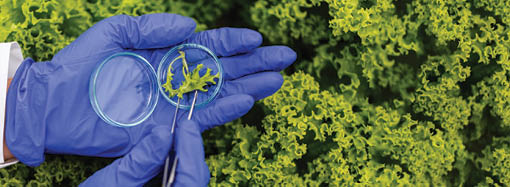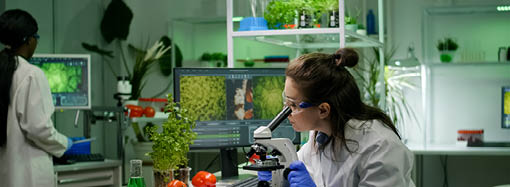The Department of Electrical Engineering has been offering undergraduate course in Electrical Engineering since 2002.
Within a very short span of time, the department has created an excellent learning environment with dedicated young faculty members, technical staff, excellent laboratories and innovative academic processes. In order to perform the complex functions in modern applications of Electrical Engineering, the department has a well combination of hardware and software facilities.
The electrical engineer has an enormous advantage over other engineers; everything lends itself to exact calculation, and a completed machine or any of its parts may he submitted to the most searching electrical and magnetic tests, since these tests, unlike those applied by other engineers, do not destroy the body tested.
The department provides students with modern hardware facilities like PLCs, Synchronization of Alternator, SPWM Drives, FPGA based data acquisition system, Machine fault simulator etc. At the same time department also provides computational facilities with MATLAB, PSPICE, PSCAD, PSIM etc. The department provides good training and placement opportunities to all its students. The department also supports IEEE HIT Student branch which is a wing of IEEE Kharagpur Section (IITKGP).
Quick Links
Departmental Website
Departmental Library Details
Departmental Laboratory Details
Alumni Details
EE IEEE Events
EE News Letter





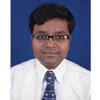
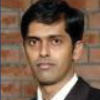
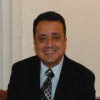
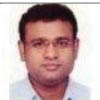

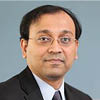




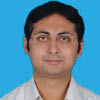




















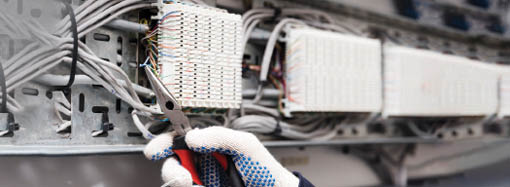

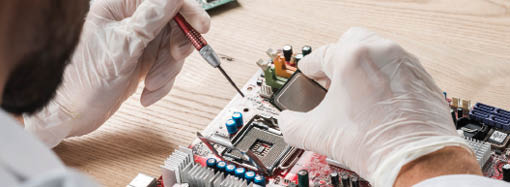

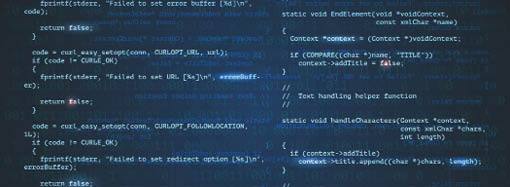
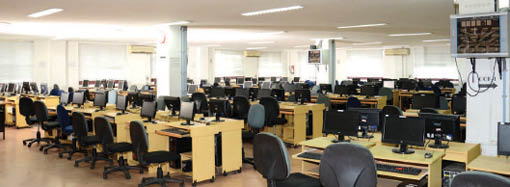

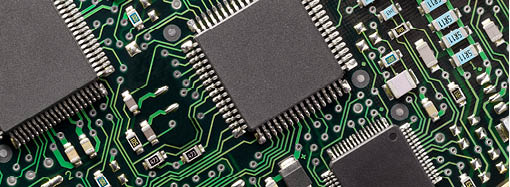
.jpg)
.jpg)
.jpg)


